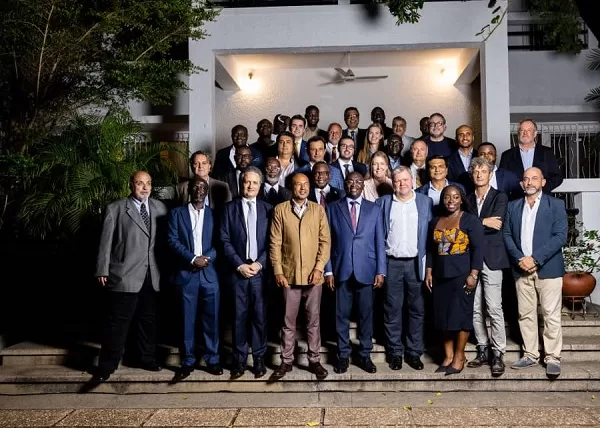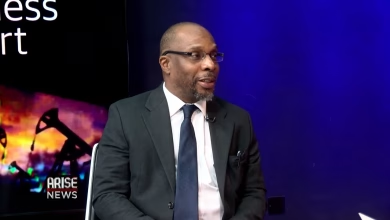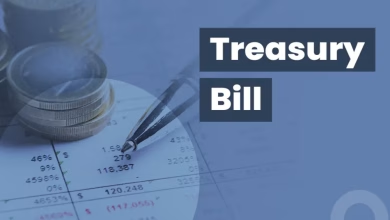Bawumia Meets EU Ambassadors and Business Leaders

- VP Bawumia discusses Ghana's future with EU Ambassadors and business figures.
- Bawumia proposes reforms for investment and simplifying taxes.
- Bawumia highlights tax modernization and plans for public transport and mining.
Dr. Mahamudu Bawumia, the Vice President of Ghana and flagbearer of the New Patriotic Party (NPP), recently convened a significant meeting at the EU Ambassador’s Residence in Accra. This gathering brought together Ambassadors from the European Union (EU) alongside private sector executives, providing a platform for Dr. Bawumia to articulate his strategic vision for Ghana’s future development and reforms upon assuming the presidency.
During the meeting, Dr. Bawumia outlined his vision for the country’s future development, emphasizing the importance of modernizing the tax system. Drawing inspiration from Estonia’s blockchain model, he stressed the need for enhanced tax traceability and data cross-checking to expand the taxpayer base and improve revenue collection efficiency.
Moreover, Dr. Bawumia discussed plans for investing in public transport and electric vehicles, highlighting the imminent arrival of 200 Honda electric buses for testing in the coming months. He emphasized the significance of responsible small-scale mining to prevent environmental degradation and underscored the importance of industrialization in generating employment opportunities and attracting investments.
The Vice President also underscored the crucial role of technology in reorganizing sectors such as agriculture and addressing regional security challenges. He reaffirmed Ghana’s commitment to maintaining an inclusive democracy amidst instability in the sub-region and advocated for cooperation with neighbouring countries and Europe to enhance security and promote economic development.
Furthermore, Dr. Bawumia expressed readiness to revisit policies related to local content and the Ghana Investment Promotion Centre (GIPC) Act to foster a more conducive investment environment. He emphasized the importance of predictability in business regulations and proposed reforms in land title systems and tax exemptions to encourage investment.
In addition, the Vice President proposed simplifying the tax system with a flat tax rate and digitizing processes to curb corruption. He highlighted the need for competition in the energy sector to improve services and reduce monopolies, including the removal of VAT from solar energy to promote renewable energy adoption.
Addressing the role of education in nation-building, Dr. Bawumia reiterated his support for Free SHS and emphasized the importance of STEM and other educational programs in broadening students’ horizons and preparing them for the future.
In conclusion, Dr. Bawumia’s comprehensive plan aims to drive economic growth, attract investment, enhance governance, and tackle key challenges facing Ghana. Through collaboration with the EU and private sector stakeholders, he seeks to implement reforms that will pave the way for sustainable development and prosperity for all Ghanaians.






